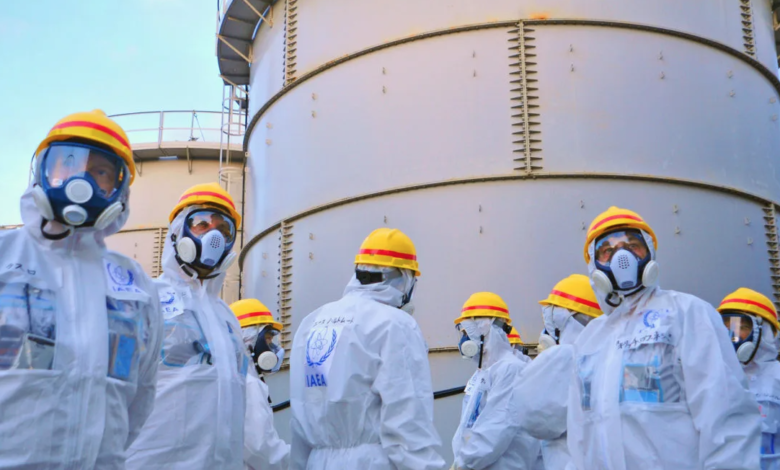Fukushima’s radioactive water no longer scares South Korea

Fukushima radioactive water to be released into the sea after treatment
(sustainabilityenvironment.com) – Fukushima ’s radioactive water? Not a problem for South Korean waters. Although Tokyo will undress more than 1 million tons of contaminated water and then treat it to eliminate radionuclides, it still contains tritium, a radioactive isotope of hydrogen. To say it is a study by the Korea Institute of Ocean Science and Technology and the Korea Atomic Energy Research Institute published.
The increase in radioactivity would not even be detectable
The two research bodies conducted simulations to assess the extent of the risk caused by the release into the ocean of radioactive water from Fukushima, which the Japanese government plans for this spring. This is a crucial phase in the process of decommissioning the Dai-chi plant. But the choice to spill the liquid into the sea has attracted criticism from all neighboring countries.
With this study, Seoul seems to be backing down. According to the study, the release of contaminated water from Fukushima will increase the level of radioactivity in the seas off the Korean peninsula. But this increase will be so small that it would even be difficult to detect, in an order of magnitude of 0.001 becquerels per cubic meter of water over a period of 10 years. Today Korean waters have levels of tritium radioactivity of about 172 Bq/m3. The increase would therefore be about one hundred thousandths.
Read also Supreme Court acquits Japanese state for Fukushima disaster
In spring the release of radioactive water from Fukushima
In May 2021, the Japanese government announced plans to spill the water used to cool the melted cores of the Fukushima reactors. The treatment process, the Advanced Liquid Processing System (Alps), would be able to eliminate all 62 radionuclides and carbon 14 present in the 1.27 mln t of contaminated water.
All but the tritium, too small element to be caught. Before release, to reduce the concentration of tritium, the company that manages Fukushima, Tepco, plans to dilute the water (de)contaminated with seawater. The water would then pass through a 1 km-long submarine conduit and eventually into the sea.





